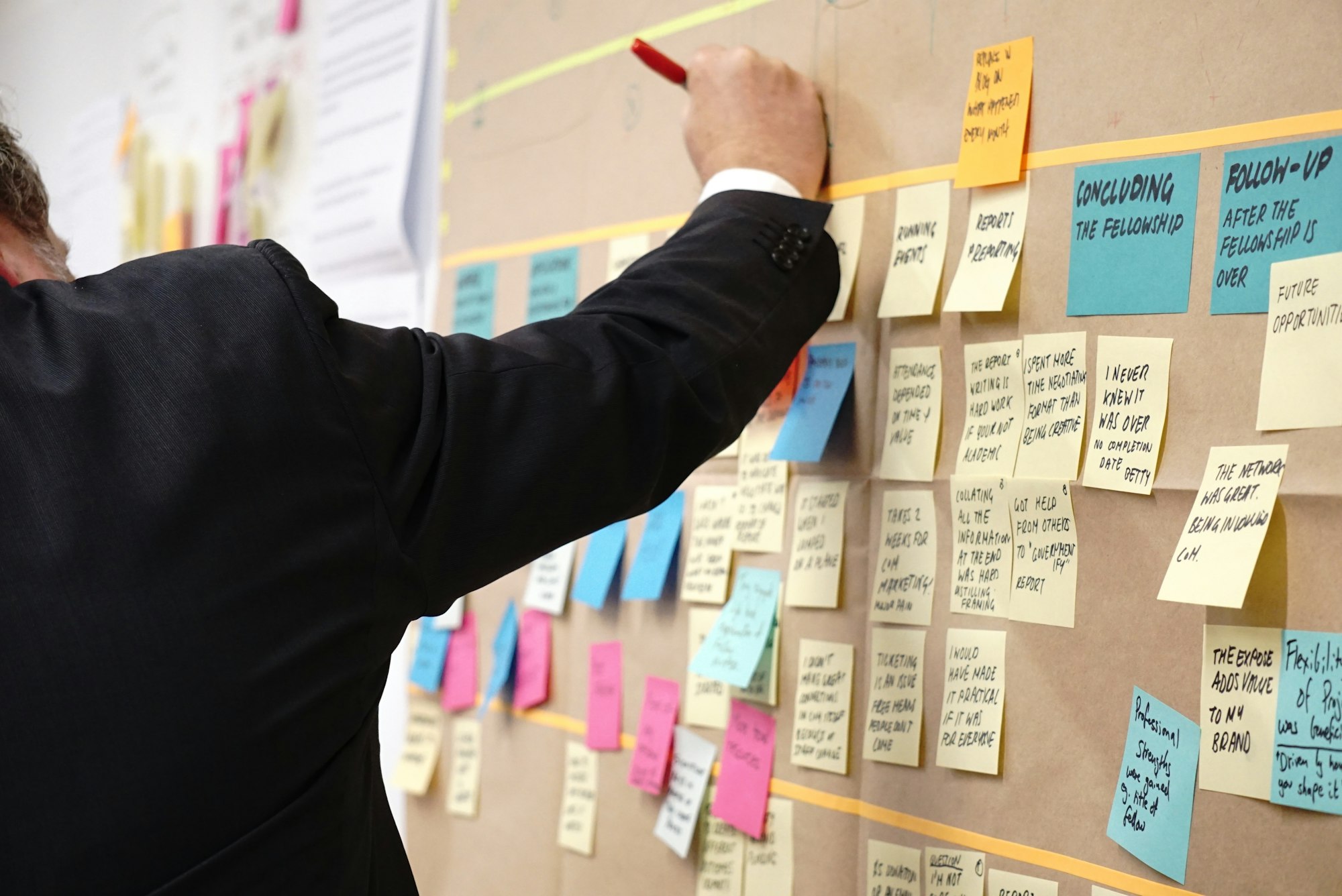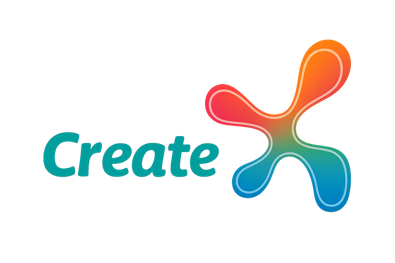The AI Revolution Navigating the Next Wave of Disruption: An Oliver Wyman Perspective

The AI Tsunami is Here
We are not on the cusp of a new era; we are in the midst of it. Generative AI represents a seismic shift, a technological force poised to redefine industries and unlock unprecedented economic value. The question is no longer *if* AI will transform your business, but *how quickly* and *how profoundly*.
Potential Annual Economic Value from Generative AI
The Engine of Change
Generative AI's economic impact stems from its ability to enhance and automate tasks across all business functions. From revolutionizing customer interactions to accelerating software development and scientific research, its value contribution is both broad and deep. The majority of this value, nearly 75%, is concentrated in a few key areas that are ripe for transformation.
A Tale of Two Futures
While AI's influence will be universal, its impact will not be uniform. Industries like banking, high tech, and life sciences are on the front lines, facing both immense opportunity and the urgent need for adaptation. These sectors will see core processes fundamentally reshaped by AI-driven insights and automation, setting the pace for the rest of the economy.
Navigating the Maze: A Framework for AI Adoption
Successful AI integration is not a purely technical challenge; it's a strategic one. It requires a holistic approach that aligns technology with business goals, empowers people with new skills, and establishes a foundation of trust and responsibility. We see four essential pillars for building a successful and sustainable AI-powered enterprise.
Define AI Strategy
Align AI initiatives with core business objectives and value drivers.
Build Tech Foundation
Invest in data infrastructure, cloud capabilities, and AI tooling.
Upskill Your People
Foster a culture of learning and equip the workforce for human-AI collaboration.
Implement Governance
Establish clear policies for risk management, ethics, and responsible AI use.
The Shifting Workforce
AI will not just automate tasks; it will fundamentally restructure roles. The future of work involves a partnership between humans and machines, where AI handles routine processes, freeing up human talent for higher-value activities like strategic thinking, creative problem-solving, and complex decision-making. This shift necessitates a proactive approach to reskilling and role redesign.
The Road Ahead
The adoption of AI is accelerating at an exponential rate. The market is projected to grow nearly tenfold by the end of the decade, moving from an emerging technology to a core component of the global economic infrastructure. Early adopters who build strategic capabilities now will establish a significant and enduring competitive advantage in the years to come.

Detailed Research Report



